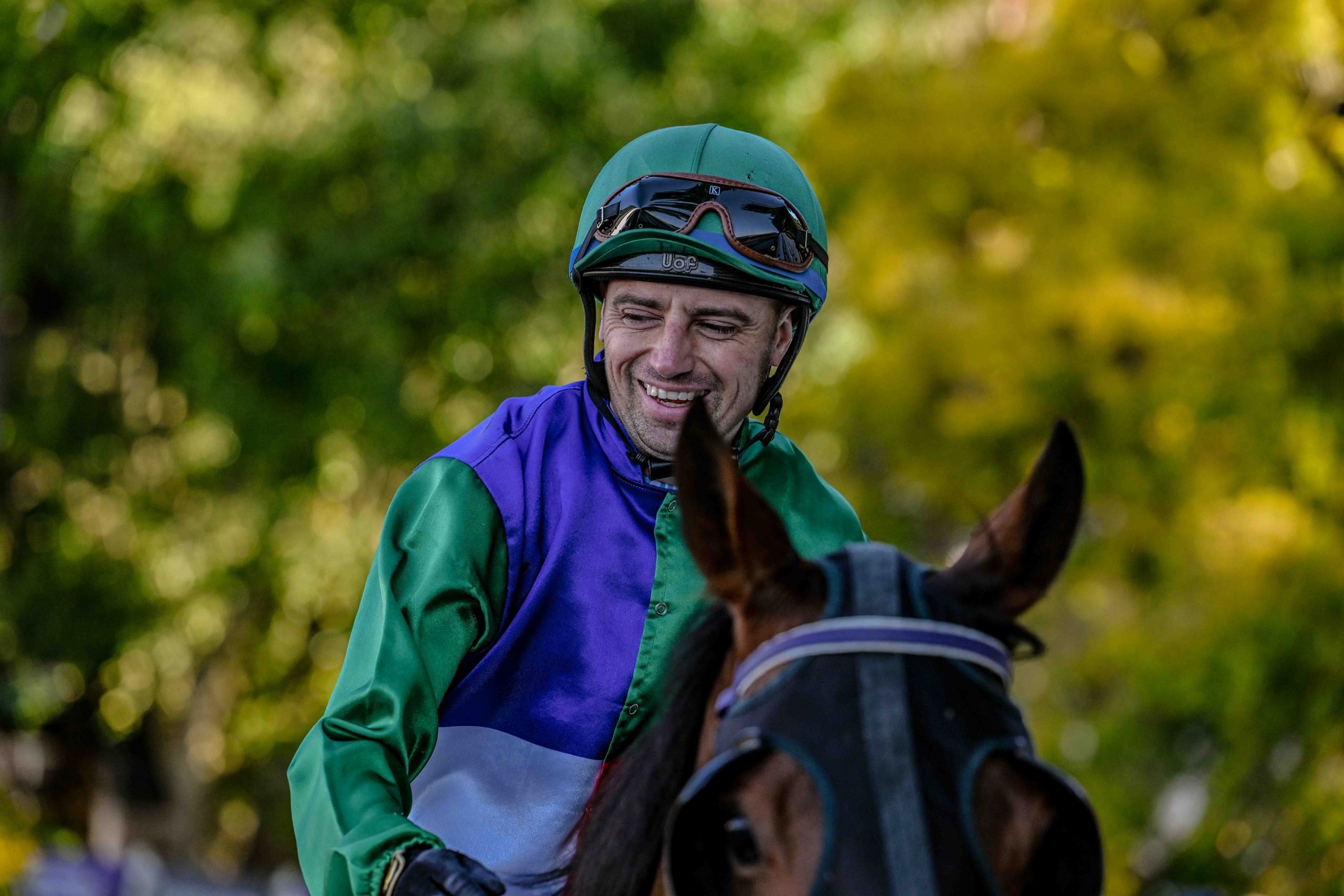Since 1996, the Tri-Nations has been fiercely contested between the Southern Hemisphere’s top three rugby nations; New Zealand, Australia and South Africa. The contests are traditionally tough, close battles and are usually the hardest games each nation will play in a year.
But in recent time the competition has begun to fall away in importance. The reason for this comes in the fact that there is simply too much rugby between these three teams. They now all play each other three times a year, significantly decreasing the meaning of each result.
2011 has seen this fall in importance drop to a new low.
Teams now don’t feel the need to field their top teams during the tournament, being prepared to sacrifice games now in the hope of winning what they see as a more coveted prize at the end of the year.
And it is this that begs the question. Is it really worth having a Tri-Nations in a World Cup year?
Every Test match is supposed to be sacred, a battle right until the bitter end against another country. A loss in a Test match is supposed to be seen as a failure and means that the opposition team is better than you.
Since the inception of the World Cup, different countries have taken different philosophies as to what the meaning of the above statement still holds. Some believe that as long as the World Cup is won then it doesn’t matter what happens in between times.
Others would never sacrifice a Test match to win the World Cup, sticking with tradition.
Regardless of what your philosophy towards this idea is, Test matches should still be held in significant regard and every Test match should still mean a great deal.
This is where the Tri-Nations fails, especially in a World Cup year. You have to look no further than Saturday night’s Australia versus South Africa game to see that.
The Boks named a weakened squad to come to Australasia for their away leg of the Tri-Nations, choosing to leave 21 players at home. While they will no doubt still give the other teams a run for their money, it’s almost foolish to expect a second-string Springbok team to beat a top Wallaby or All Black side in Australia or New Zealand.
And so it proved, as Australia dominated a weakened Springbok side in almost every facet of the game.
It is through this that we see the problem.
South Africa obviously had no problem sacrificing this Test, as well as next week’s one against New Zealand, in the hope that their stars will be freshened up for the World Cup.
Likewise, Australian coach Robbie Deans has indicated that he will be resting players throughout the Wallabies build-up to the Cup. Even the All Blacks have said they will be rotating their players throughout the tournament, with those in need of a rest getting less games than those in need of rugby.
While the All Blacks won’t go to the extreme of leaving 21 players at home, it still shows that these Tests do hold less significance to them. And this just strengthens the argument for no Tri-Nations during a World Cup year.
The All Blacks have long been recognised as a team who still want to win every Test, each meaning as much as the next, World Cup game or not.
This could be seen by the reaction to the team’s last-minute loss to Australia last year. It was seen as a big blotch on what was otherwise a perfect season. But that’s just the expectation in New Zealand.
The fact that they are prepared to not necessarily put their best foot forward in a Test match asks the question of whether the match should even be played at all.
And that’s where this year’s Tri-Nations is at.
If the teams aren’t going to play their top teams in every game, what’s the point in having it?
This is something that needs to be seriously looked at in 2015. With each World Cup the significance becomes greater, and the more teams will sacrifice to win. The least we could do is try to preserve some of the meaning that remains in Test match rugby.









